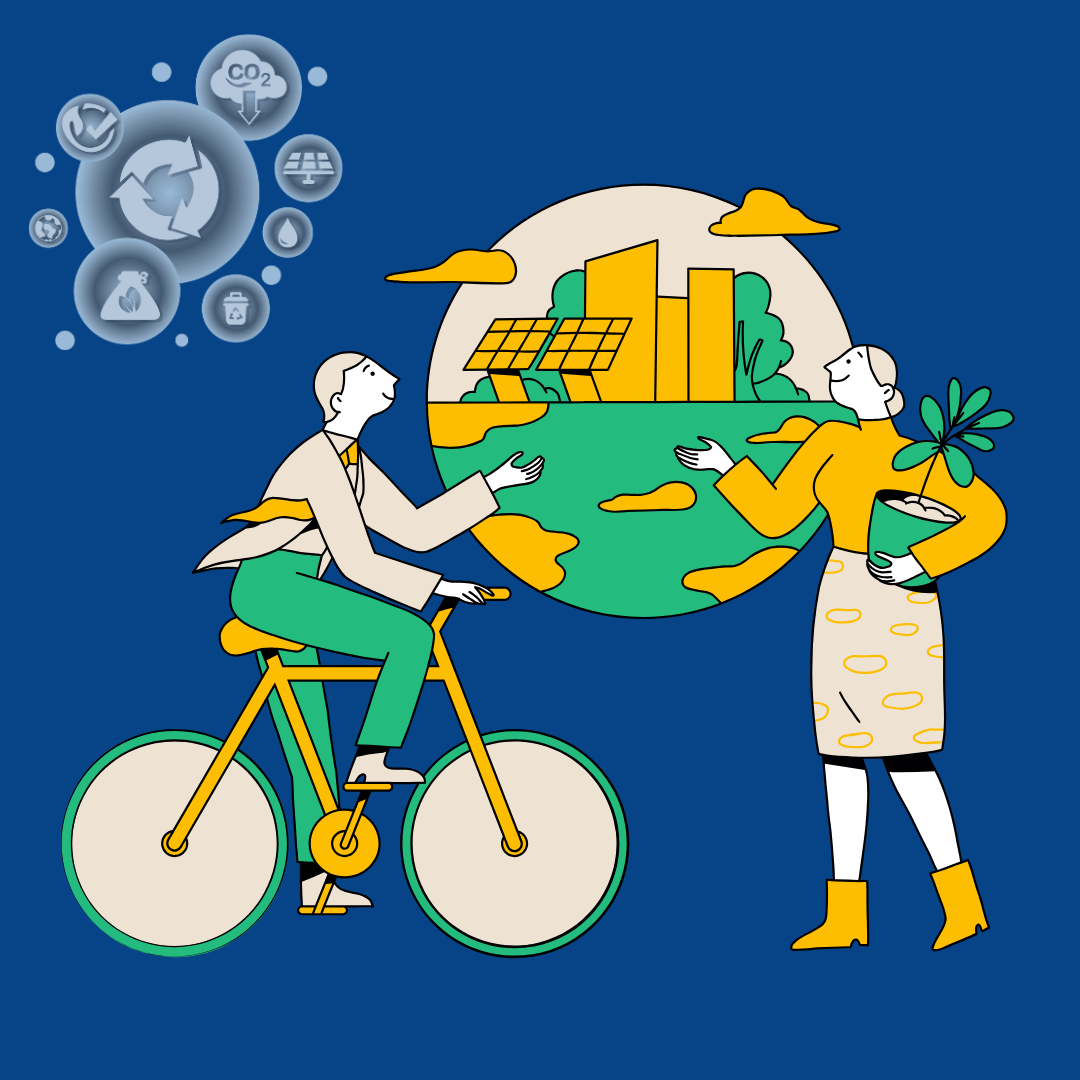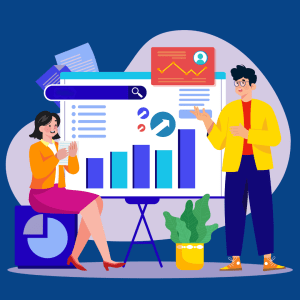
The landscape of sustainability is evolving rapidly in 2025 as businesses worldwide adapt to meet the rising demands of eco-conscious consumers. Sustainability is no longer just a corporate social responsibility initiative—it is a core driver of business strategy, shaping how companies produce, market, and sell their products. Consumers are making more ethical choices, governments are implementing stricter regulations, and businesses are responding with innovative, sustainable solutions.
This blog explores the latest green consumer trends, how they are reshaping business strategies, and what companies must do to remain competitive in this sustainability-driven era.
The Rise of Green Consumerism in 2025
Eco-conscious consumerism has grown significantly, with buyers prioritizing sustainability in their purchasing decisions. A few key trends defining this shift include:
- Eco-Friendly Packaging: Consumers are demanding plastic-free and biodegradable packaging solutions.
- Sustainable Supply Chains: Ethical sourcing and carbon footprint reduction are major considerations for buyers.
- Second-Hand and Circular Economy Growth: The resale market for clothing, electronics, and furniture is booming.
- Carbon-Neutral Products: Consumers prefer brands that offset their carbon emissions.
- Transparency and Accountability: Shoppers expect clear sustainability commitments and verifiable claims from brands.
Businesses that ignore these demands risk losing customers to competitors that prioritize sustainability.
How Businesses Are Adapting to Green Consumer Trends
a) Sustainable Product Innovation
Companies are redesigning their products to reduce environmental impact. Examples include:
- Plant-Based and Lab-Grown Alternatives: The food industry is embracing sustainable protein sources.
- Recycled and Upcycled Materials: Fashion and technology brands are using recycled fabrics and components.
- Water and Energy Efficiency: Household appliances and industrial processes are becoming more resource-efficient.
b) Eco-Friendly Branding and Marketing
Sustainable branding is essential for consumer trust. Businesses are:
- Highlighting Green Credentials: Companies now emphasize sustainability in advertisements and product labels.
- Educating Consumers: Brands are creating content that explains their eco-friendly initiatives.
- Leveraging Digital Over Print Marketing: Reducing paper use aligns with environmental goals.
c) Sustainable Supply Chains and Operations
To meet regulatory and consumer demands, companies are optimizing their supply chains by:
- Reducing Carbon Footprints: Investing in renewable energy and carbon offset programs.
- Partnering with Ethical Suppliers: Ensuring fair labor practices and eco-friendly sourcing.
- Adopting Circular Economy Models: Designing products for reuse, recycling, or compost-ability.
d) Green Financing and Investments
Sustainability is becoming a financial priority, with businesses focusing on:
- ESG (Environmental, Social, and Governance) Investing: Investors favor companies with strong sustainability credentials.
- Green Bonds and Sustainable Loans: Businesses are securing funding for environmental projects.
- Carbon Pricing Strategies: Companies are internalizing the cost of emissions to encourage eco-friendly operations.
The Role of Technology in Sustainable Business Strategies
Technology is accelerating the shift toward sustainability. Key innovations include:
- AI and Data Analytics: Helping companies measure and reduce their environmental impact.
- Blockchain for Supply Chain Transparency: Ensuring authenticity in ethical sourcing.
- Smart Energy Solutions: IoT devices optimizing energy consumption in homes and businesses.
- 3D Printing: Reducing waste by enabling precise material usage in manufacturing.
Case Studies: Companies Leading the Sustainability Movement
a) Patagonia: Setting the Standard for Sustainable Fashion
Patagonia continues to lead with its “Worn Wear” program, encouraging customers to repair and resell used items. The company also donates 1% of its sales to environmental causes.
b) Tesla: Driving the Green Energy Revolution
Tesla is expanding its renewable energy offerings with solar roofs and battery storage solutions, making sustainable energy more accessible.
c) Unilever: Committing to Plastic Reduction
Unilever has pledged to cut virgin plastic use by 50% by 2025 and is developing refillable and biodegradable packaging options.
Future Outlook: What’s Next for Sustainability in Business?
Looking ahead, several key trends will continue to shape sustainable business practices:
- Stronger Government Regulations: Stricter laws on carbon emissions and waste management will drive corporate compliance.
- Consumer-Led Activism: More people will demand accountability from brands on sustainability claims.
- Advancements in Green Tech: Breakthroughs in renewable energy, AI-driven efficiency, and eco-friendly materials will redefine industries.
Conclusion
Sustainability in 2025 is not just a passing trend—it’s a fundamental shift in how businesses operate and engage with consumers. Companies that integrate green practices into their strategies will not only appeal to the growing eco-conscious audience but also future-proof their businesses in an increasingly sustainability-driven world.
Adapting to these trends is no longer optional. The companies that succeed in 2025 and beyond will be those that embrace sustainability as a core business principle rather than an afterthought.
1. Why is sustainability important for businesses in 2025?
Sustainability helps businesses meet consumer expectations, comply with regulations, reduce costs, and build long-term brand loyalty.
2. What are the top green consumer trends in 2025?
Key trends include eco-friendly packaging, sustainable supply chains, circular economy growth, carbon-neutral products, and increased demand for transparency.
3. How can businesses incorporate sustainability into their strategies?
Companies can innovate with sustainable products, adopt green branding, optimize supply chains, and invest in eco-friendly technologies.
4. What role does technology play in sustainability?
AI, blockchain, smart energy solutions, and 3D printing help businesses reduce environmental impact and enhance efficiency.
5. What industries are leading the sustainability movement?
Fashion, food, energy, and consumer goods industries are actively integrating sustainable practices into their operations.


